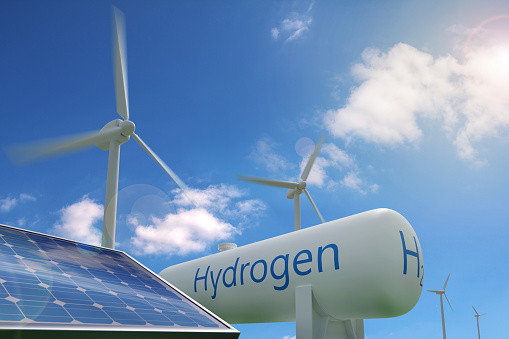UK, South Africa Sign MoU On Hydrogen Collaboration

The UK and South African governments signed a Memorandum of Understanding (MoU) focused on the development of the hydrogen economy.
The agreement, mentions collaboration and innovation sharing specifically on the hydrogen economy, however, it lacks any details when it comes to hydrogen supply.
The announcement was made during President Cyril Ramaphosa's visit to the UK. The new agreement between the UK and South African governments, signed on Nov. 23, will see an increase in funding for nine biomedical and medical research projects to be conducted jointly by British and South African institutions.
These projects include research on health systems and financing, surgery, and mental health.
Energy innovation was still seen as a priority in the UK-South Africa MoU, with a focus on developing a hydrogen economy in the country. This is due to the large renewable hydrogen potential of South Africa.
South Africa is aiming to decarbonize by 2050 and become a major producer and exporter of renewable hydrogen.
The country needs R 6 trillion in investments to reach a net-zero carbon emission by 2050. The power sector will require nearly half of these investments (about R 3 trillion).
Currently, South Africa is aiming to attract up to $250 billion into its green hydrogen industry by 2050, to capitalize on its abundant solar and wind energy sources.
The industry could create 1.4 million jobs and generate $30 billion in annual revenue by that year, according to Masopha Moshoeshoe, a green economy specialist in the South African Presidency's investment and infrastructure office.
Green hydrogen, produced by renewable energy splitting water, is one of the three main ways South Africa is working to move its economy away from coal. Presently, coal comprises more than 80% of the country's electricity. The other two methods for transitioning are developing an electric-vehicle industry and transitioning power production to wind and solar power.
© Copyright 2025 IBTimes ZA. All rights reserved.




















